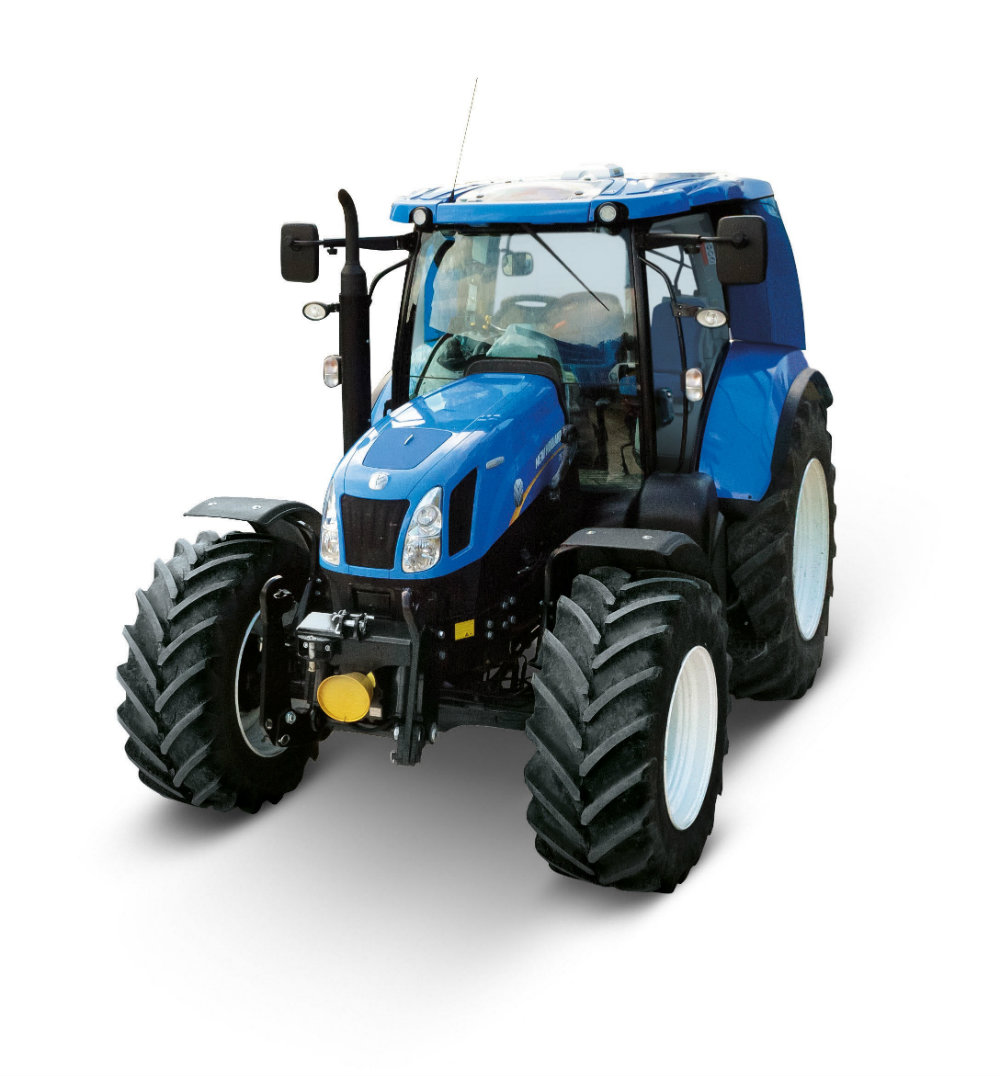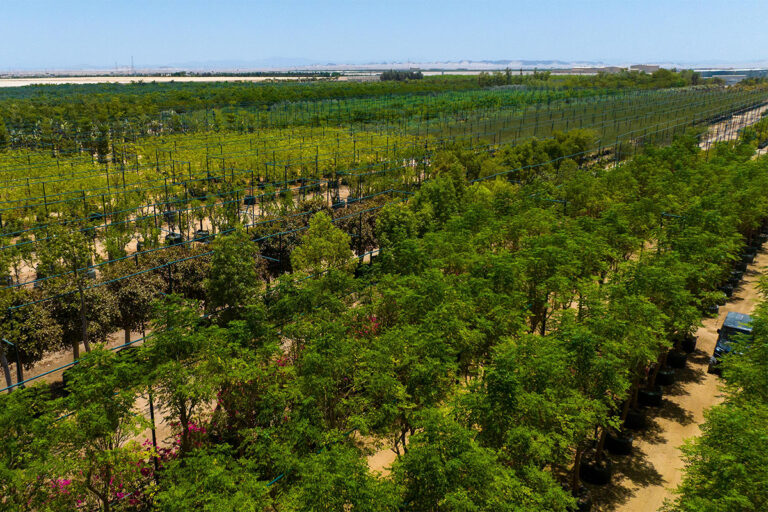“The lion’s share of our capital spending is now going towards improving the environmental performance of our engines and developing technologies for alternative propulsion and precision farming,” says Richard Tobin, CEO of CNH Industrial, the Sector Leader in the Dow Jones Sustainability World and Europe indices, which owns brands such as New Holland Agriculture, Case IH and Iveco.

For heavy duty trucks that operate in these segments, electrification is not a feasible option; the weight of the batteries needed to power them would make them impractical. Instead, manufacturers are developing engines that run on natural gas as a low-polluting alternative to diesel.
To date, CNH Industrial has already produced around 14,000 commercial vehicles powered by either compressed natural gas (CNG) or liquefied natural gas (LNG), ranging from light duty vans to medium and heavy duty trucks.
In July last year, the company delivered Israel’s first ever natural gas vehicle, as part of its partnership with the Israeli Government. As with the EVs and hydrogen fuel-cell markets, Tobin says that the engine technology is now ready; what is needed is for governments and energy companies to fund the fuel stations and infrastructure required.
The company is also investing in the development of biomethane as a fuel. Biomethane is produced from biogas, which is created naturally when bacteria break down organic matter and animal waste.
“As an industry leader, we are obligated to be at the front of the sustainability curve. Our clients expect it.” Richard Tobin, CEO, CNH Industrial
According to CNH Industrial, a vehicle powered by biomethane produces CO2 emissions which are comparable to that of an electric vehicle fuelled using energy produced from renewable sources.

The company’s Iveco Bus brand already manufactures a range of vehicles which run on natural gas and which can also be fueled using biomethane.
For farmers, there is an additional incentive: with the right refining equipment in place, farms should be able to produce their own biomethane from organic waste and then use it as a fuel to power their tractors and other agricultural equipment – in other words, become energy independent farms.
“In a way we are going full circle from having horse-drawn carts back to vehicles which are fueled by biomass,” Richard Tobin says. “A large farm could theoretically have the ability to supply all of its own fuel through biogas, biomethane and renewables.”![]()









